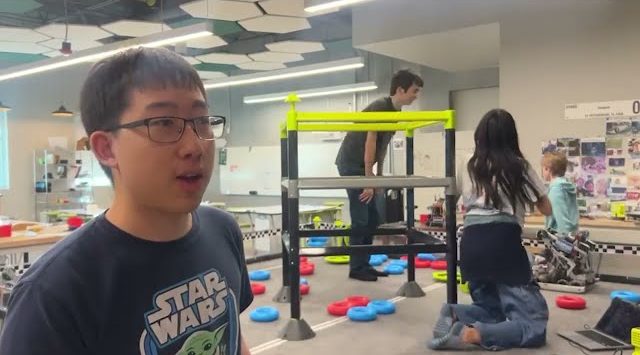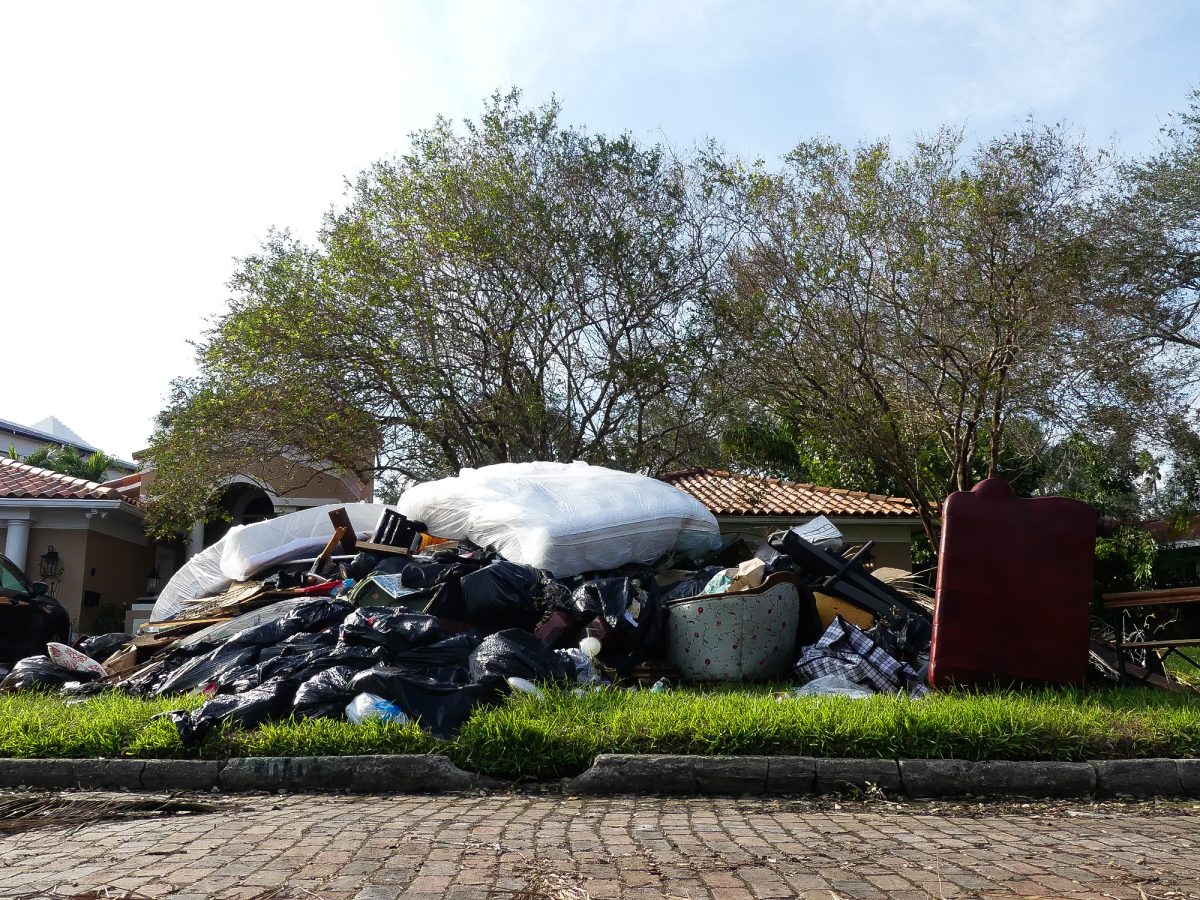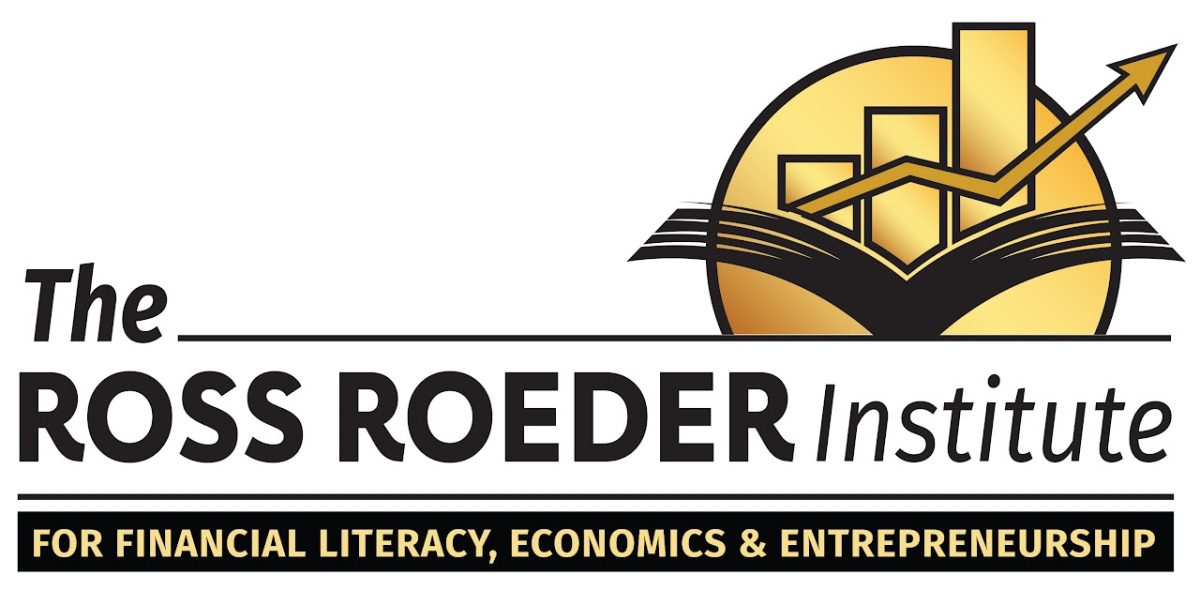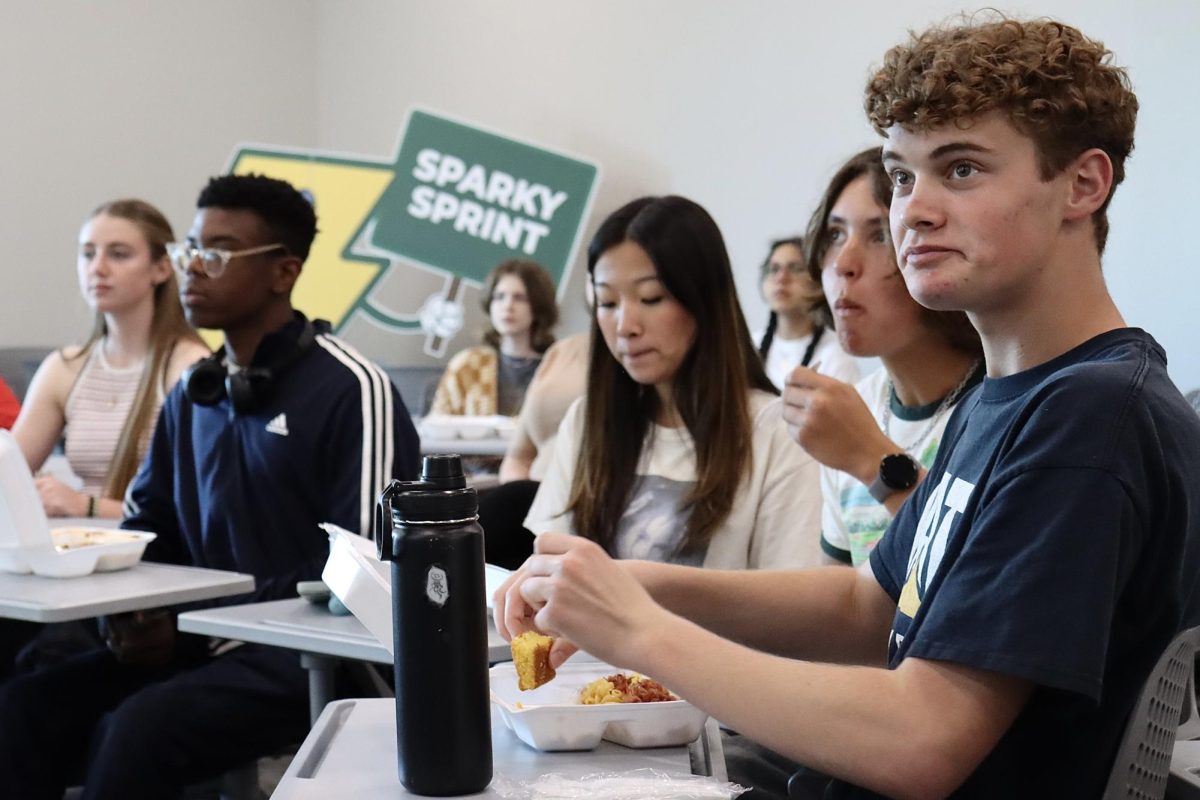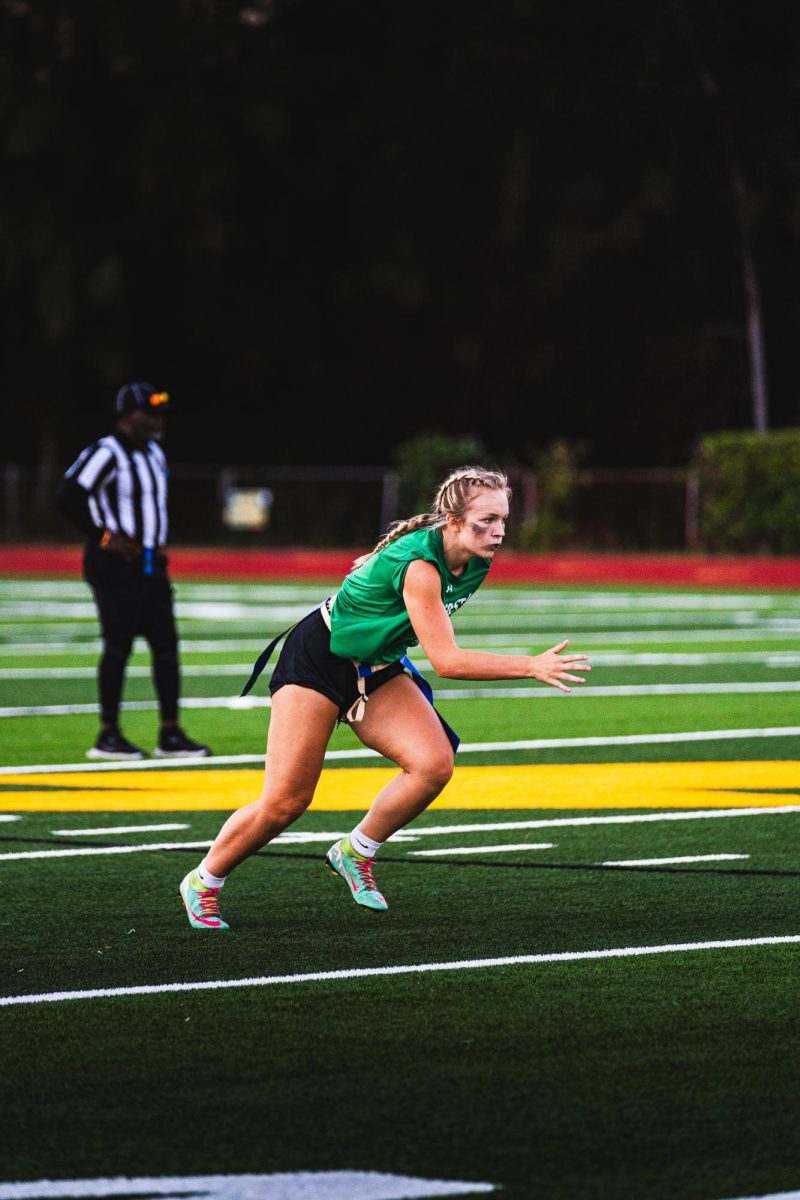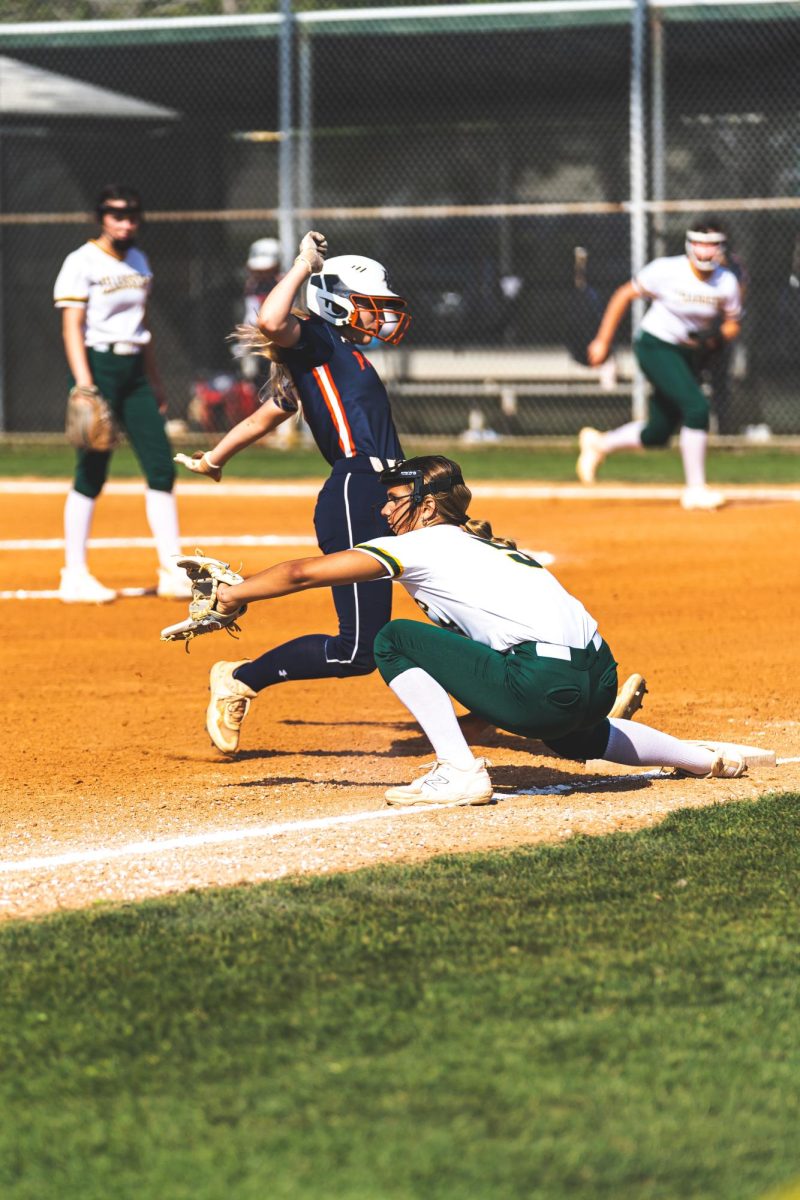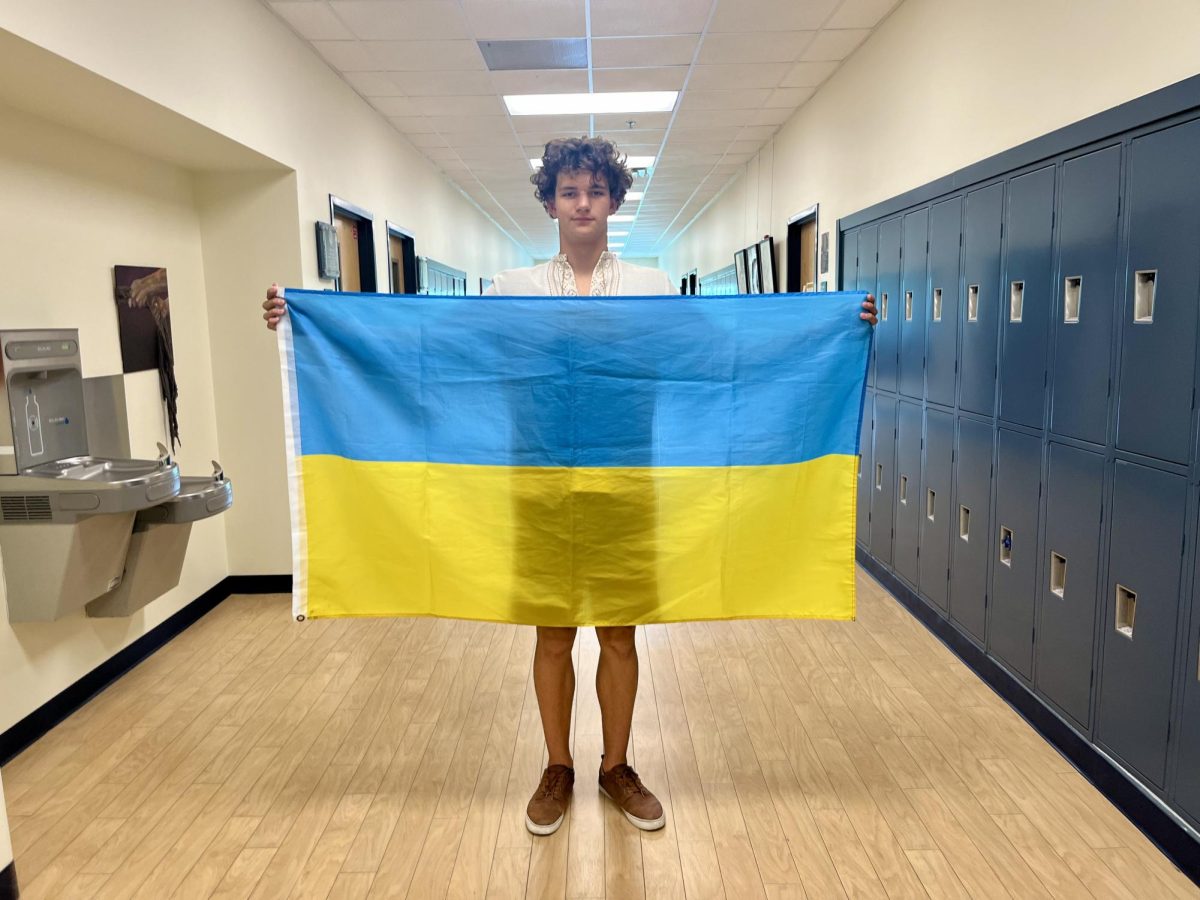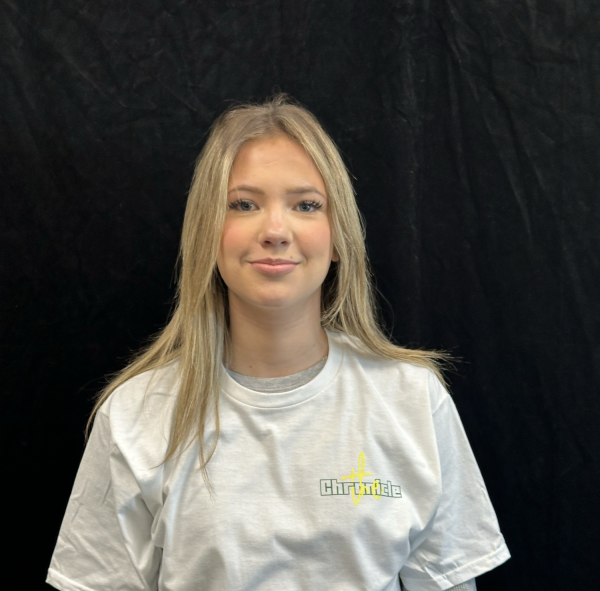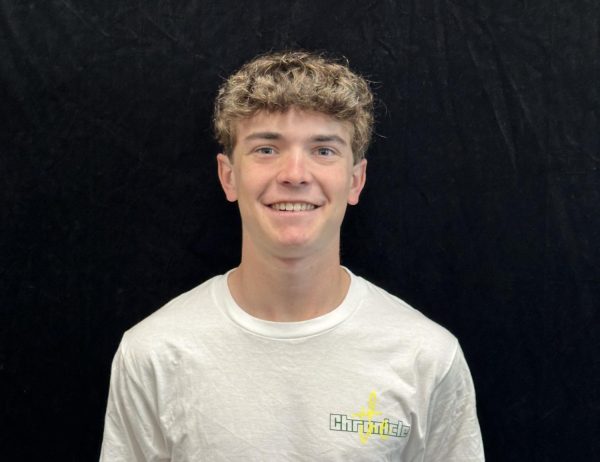Conflict and war don’t exactly make for an ideal childhood. However, in many places around the world, it’s unavoidable. Sophomore Ivan Spodin moved from Ukraine to the United States right before the ongoing conflict between Russia and Ukraine.
Upper School Social Studies Department Chair Kayla Brazee noticed a heightened interest in the region in the past year. She said, “This was very much the case last year when a senior interviewed me about the potential use of nuclear weapons in the conflict [between Ukraine and Russian] and whether or not this could lead to WWIII.” Interest in the region, while tragically a result of war, is fitting as more Ukrainian and Eastern European students, such as Spodin, enroll at Shorecrest.
As Spodin shared the complexities of his transition, he revealed the profound impact his relocation had on both his academic and personal lives. While Spodin visited Florida during vacations, he never imagined he’d move here.
Ultimately, the decision to enroll in an American school stemmed from his family’s pursuit of a better education.
“I felt excited about leaving Ukraine because the initial plan was that I would come back for breaks, so to me, it was an interesting experience to have,” he said. “That being said, with the start of the war in Ukraine, settling in Florida was a completely different experience than arriving.” What was an exciting change was soon overshadowed by the realities of war, transforming his relocation into a refuge from the danger back home.
Despite his gratitude for safety, Spodin admitted to grappling with homesickness, which serves as a reminder of the stark contrast between his current situation and the troubling circumstances of those enduring conflict in Ukraine. “To be fair, it’s hard to say I am completely settled, as I often feel homesick for Ukraine. However, I am not complaining, as I am safe, while many others in Ukraine have to sit through air raids and shelling,” he said.
Academically, Spodin confronted the challenges of adapting to a foreign educational system while navigating unfamiliar protocols and structures. His greatest struggle, however, lies elsewhere. “Personally, I found it challenging to make new friends. In my last school, each grade was about 20 students, so everybody was friends with everybody.”
During his adjustment, Spodin also faced language barriers. Having spoken Ukrainian at school in his prior home, he found himself in an English-speaking academic environment. His advice to others facing similar circumstances is that they should “focus on what they can do, rather on what they can’t.”
Spodin remains committed to academic success and future endeavors, especially concerning his native country. “When the war in Ukraine started, I felt proud, but at the same time, for lack of a better term, I had survivor’s guilt… However, later, I realized that the best way I can help the matter is by studying here and then going back to rebuild Ukraine from the destruction that it had to endure.”

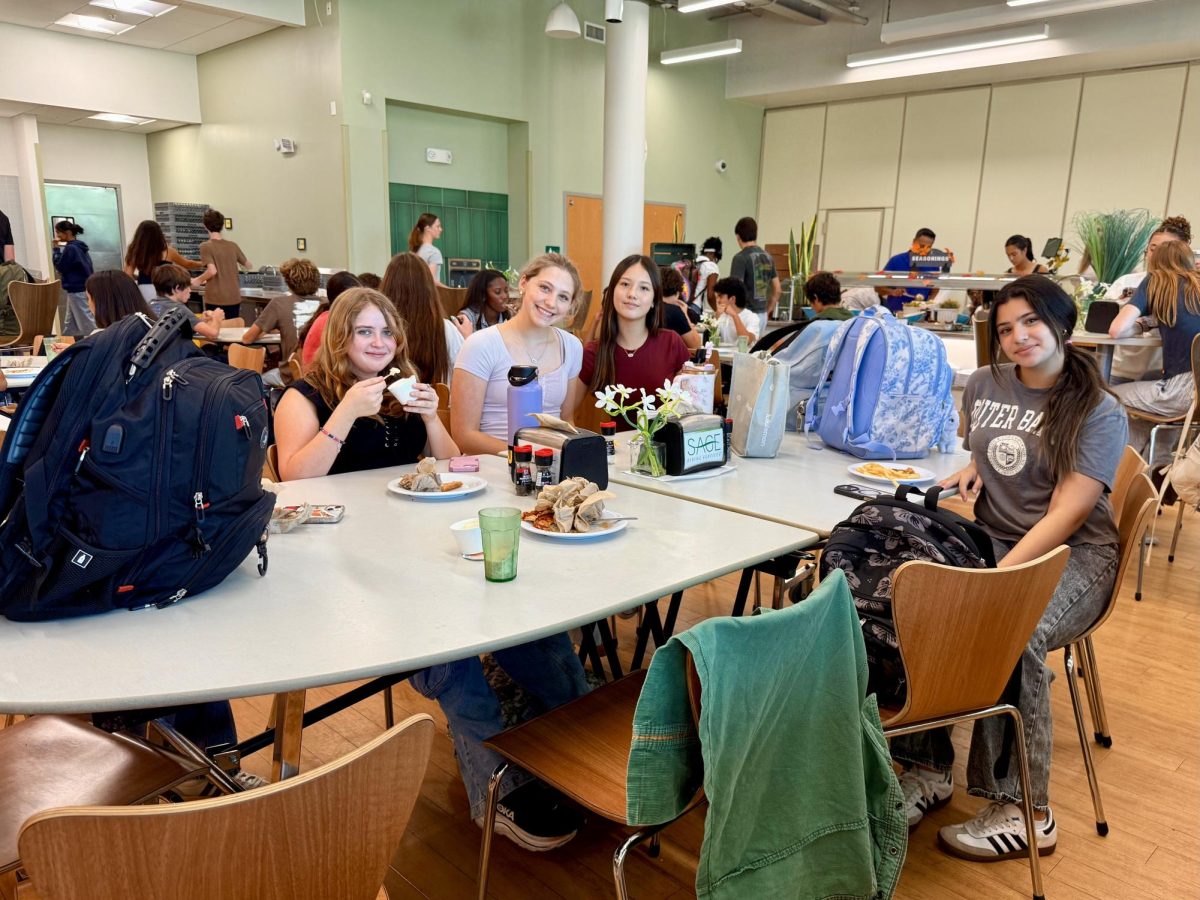

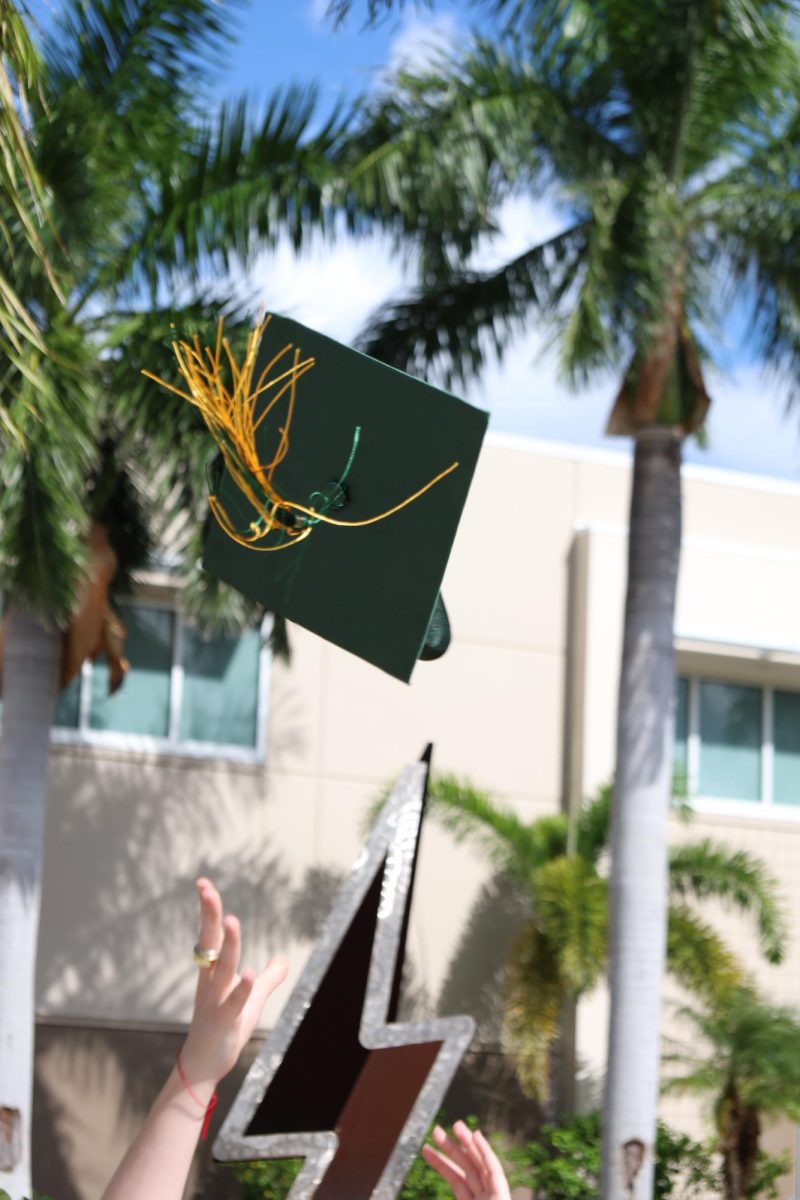
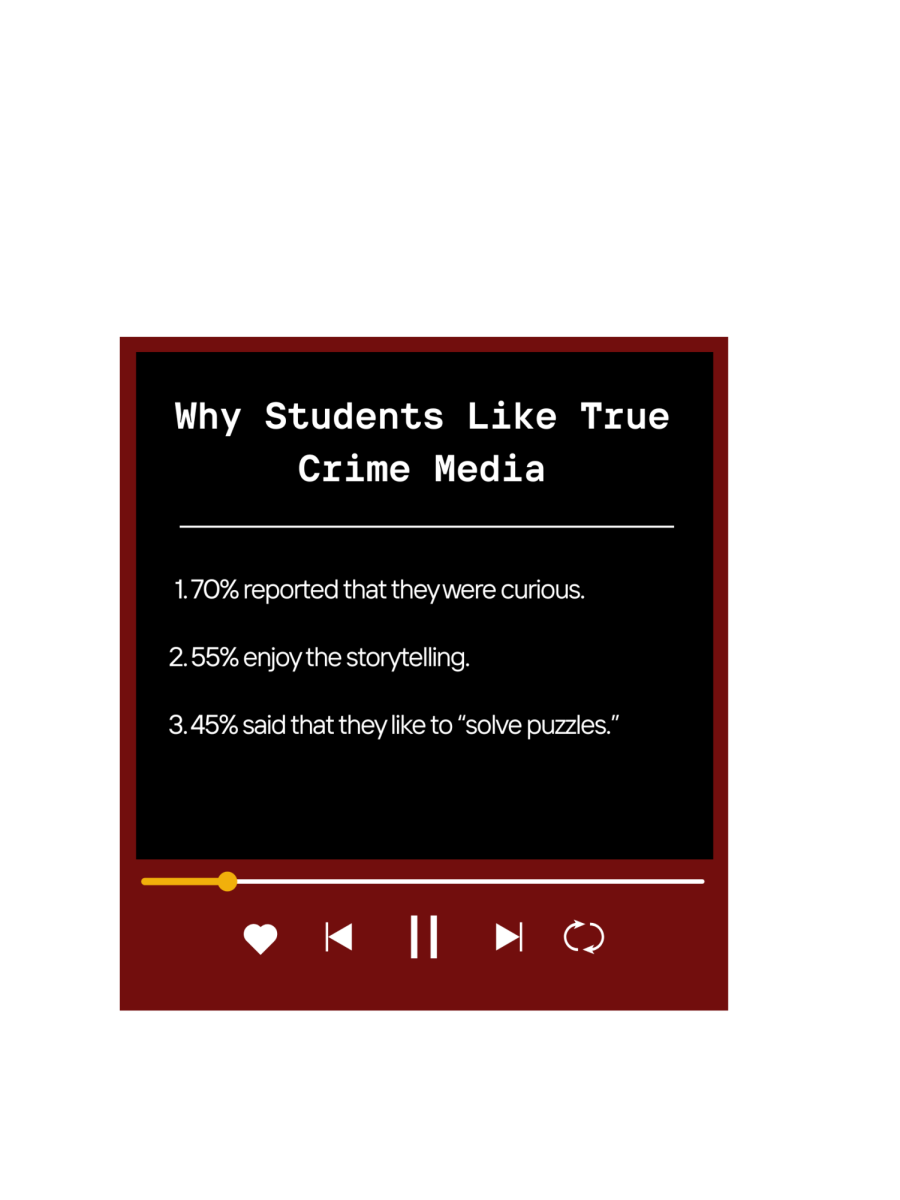
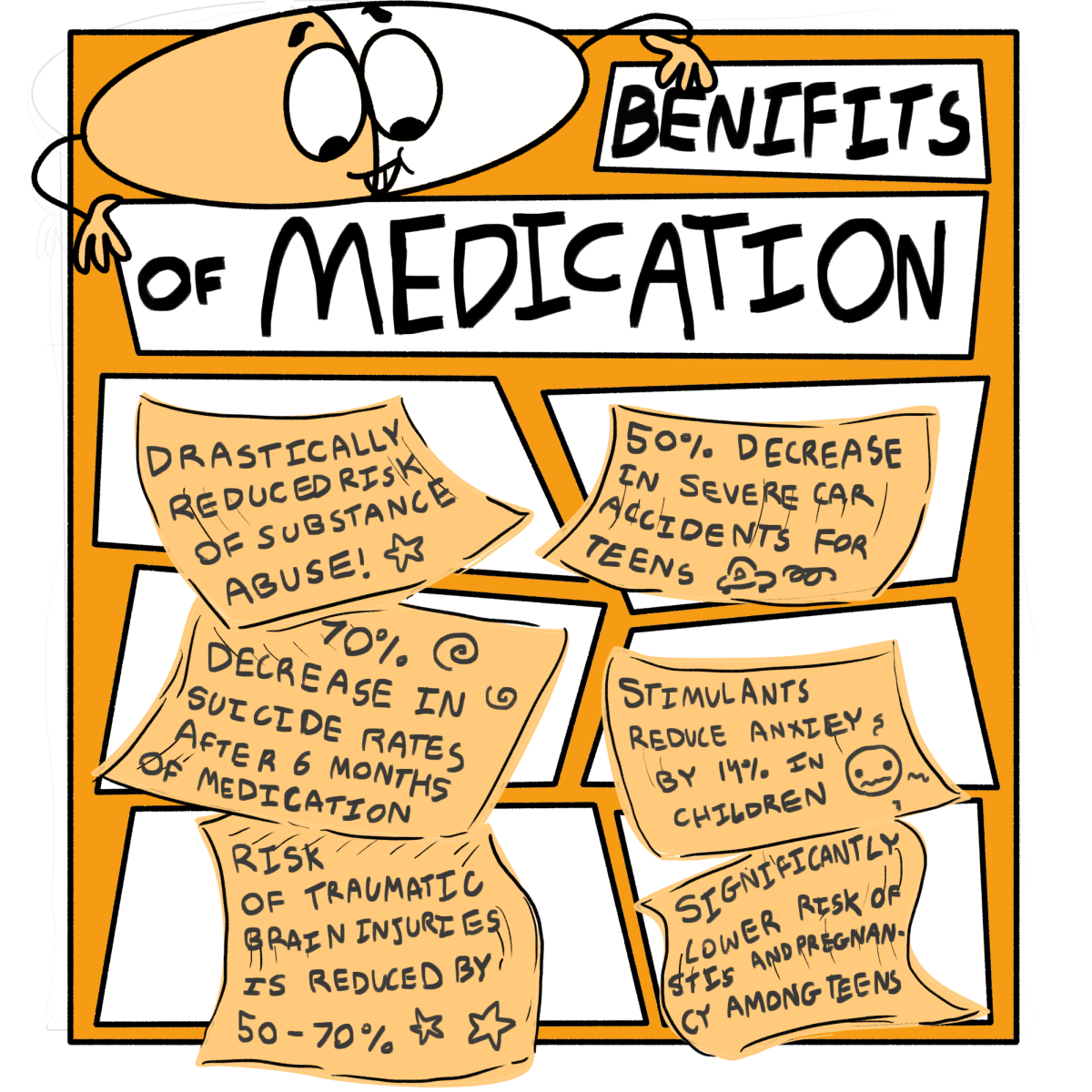
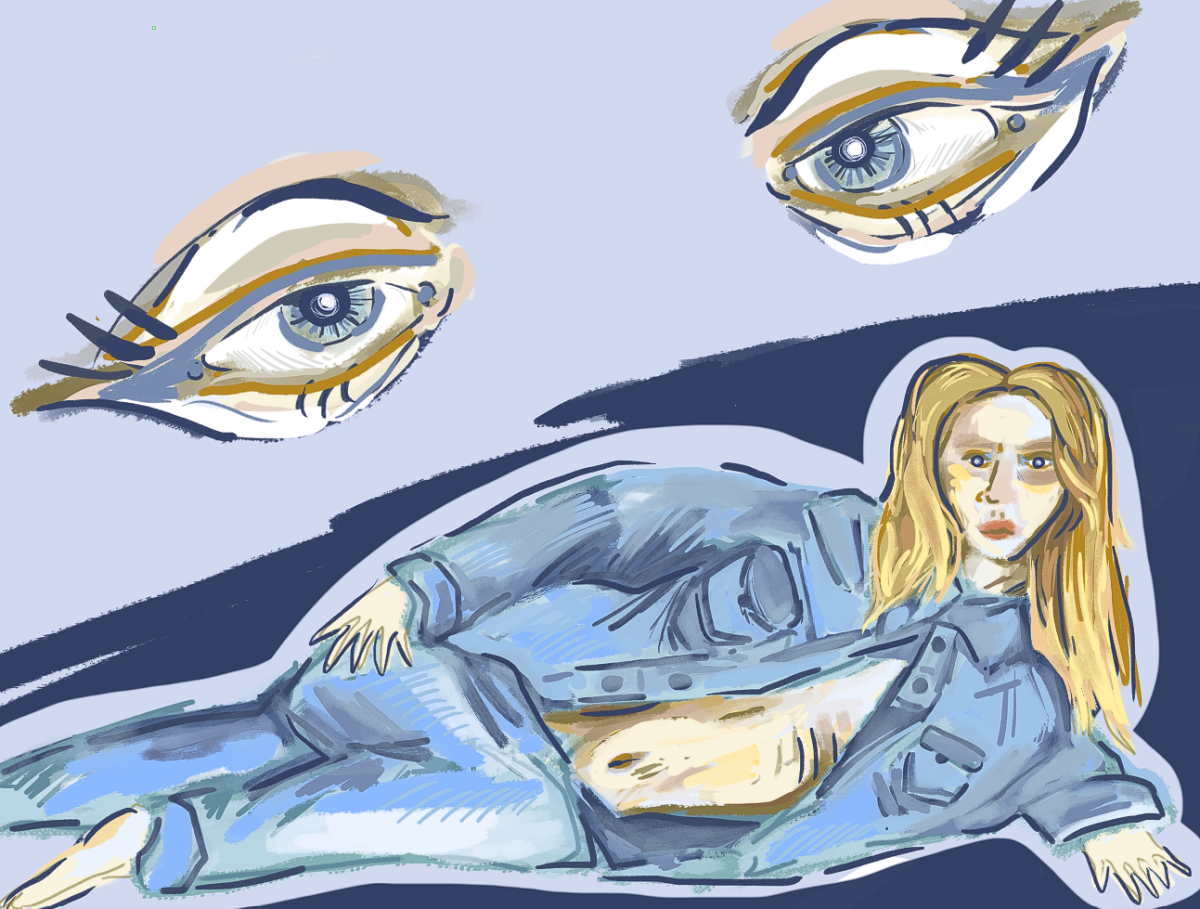

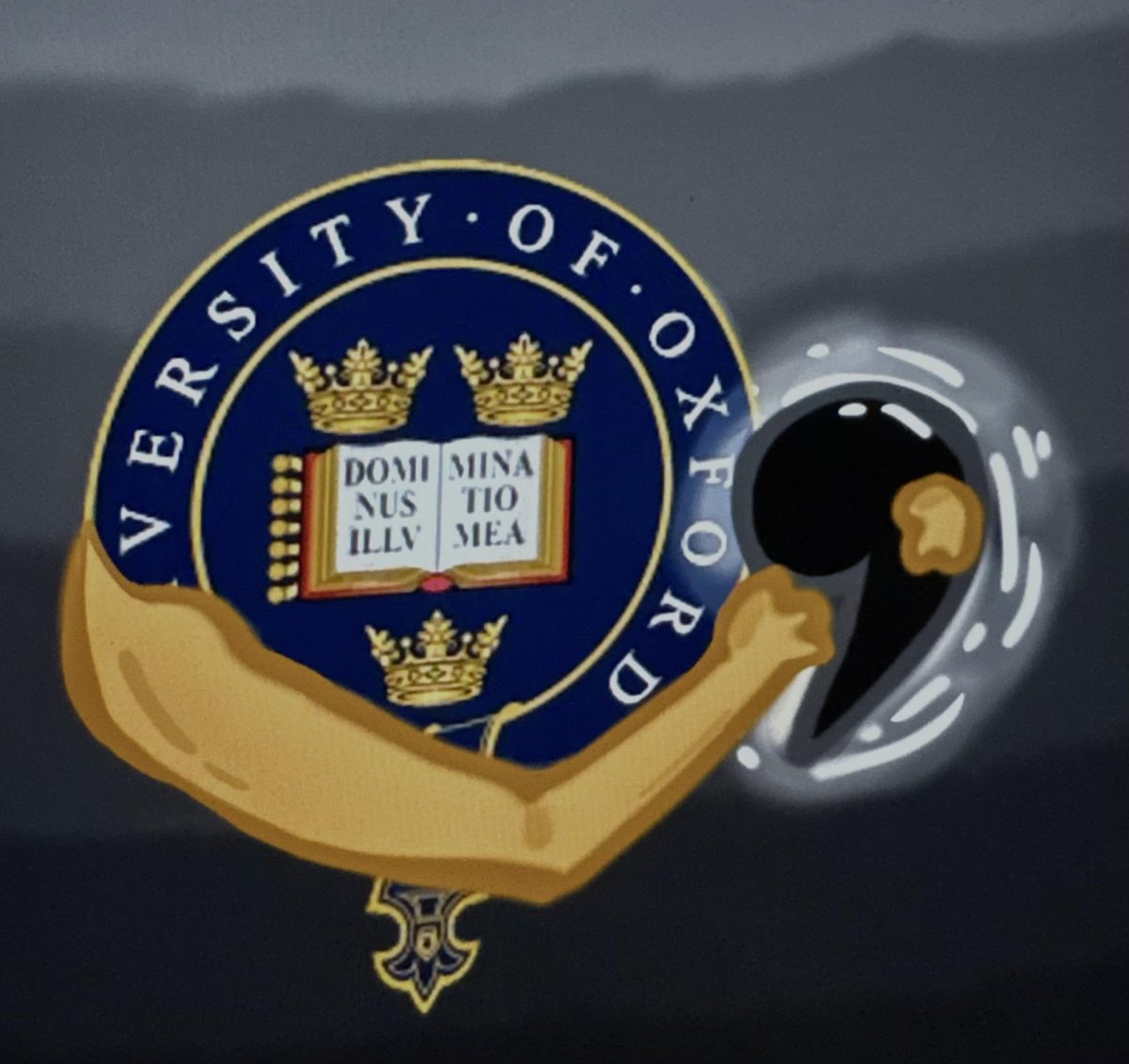


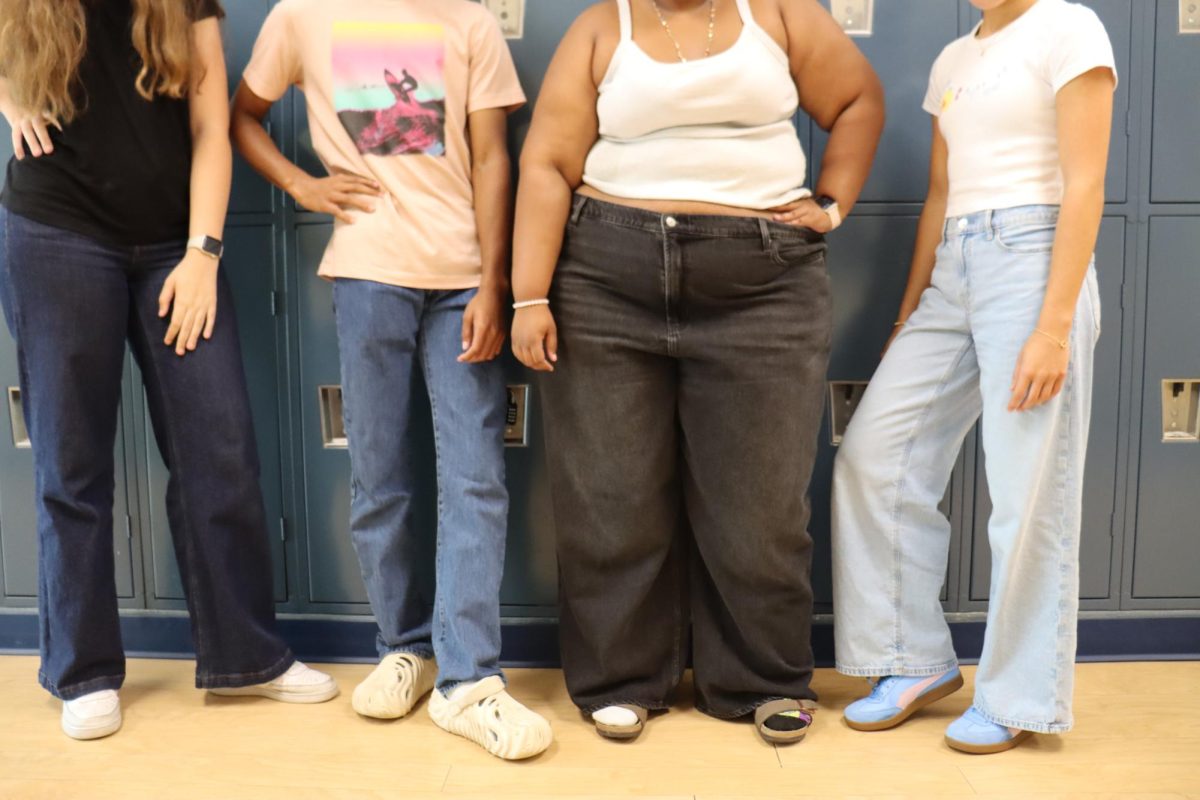
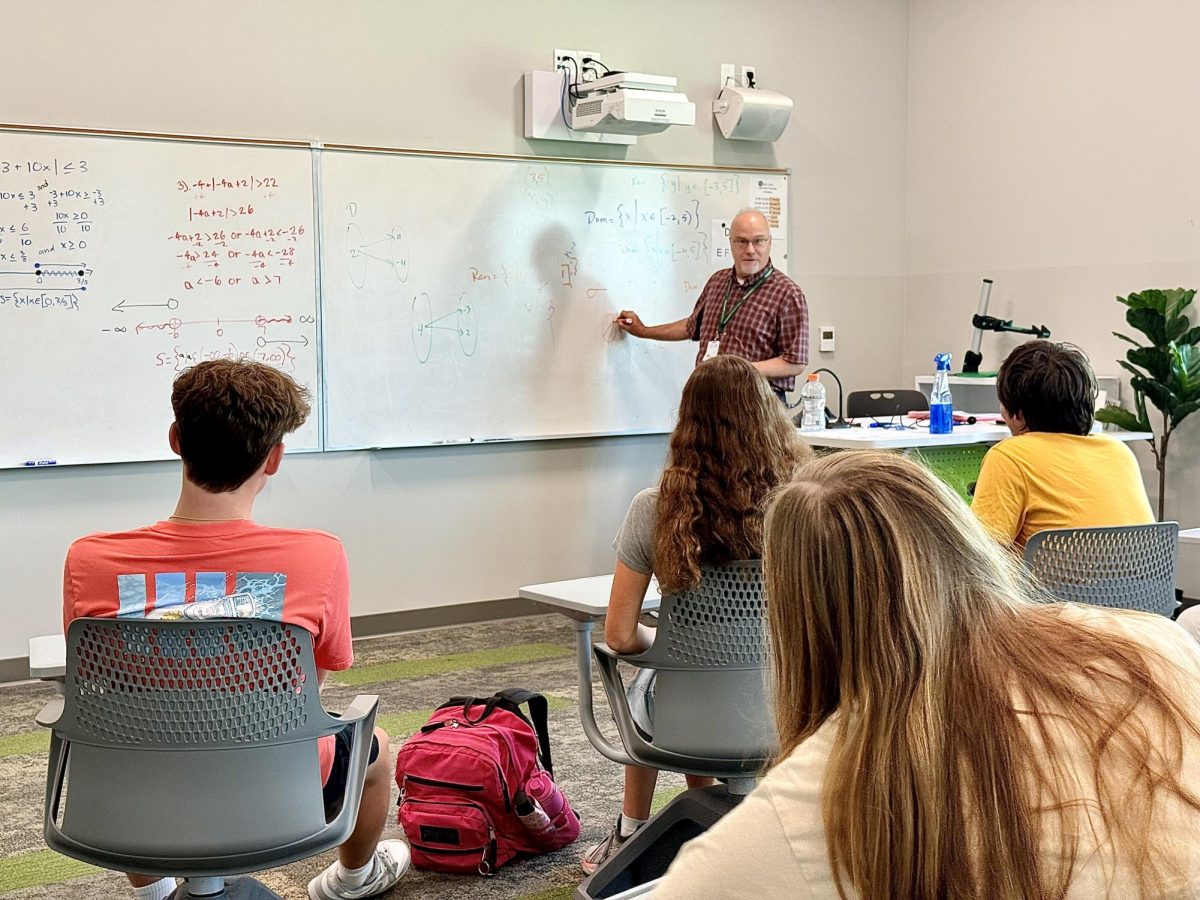


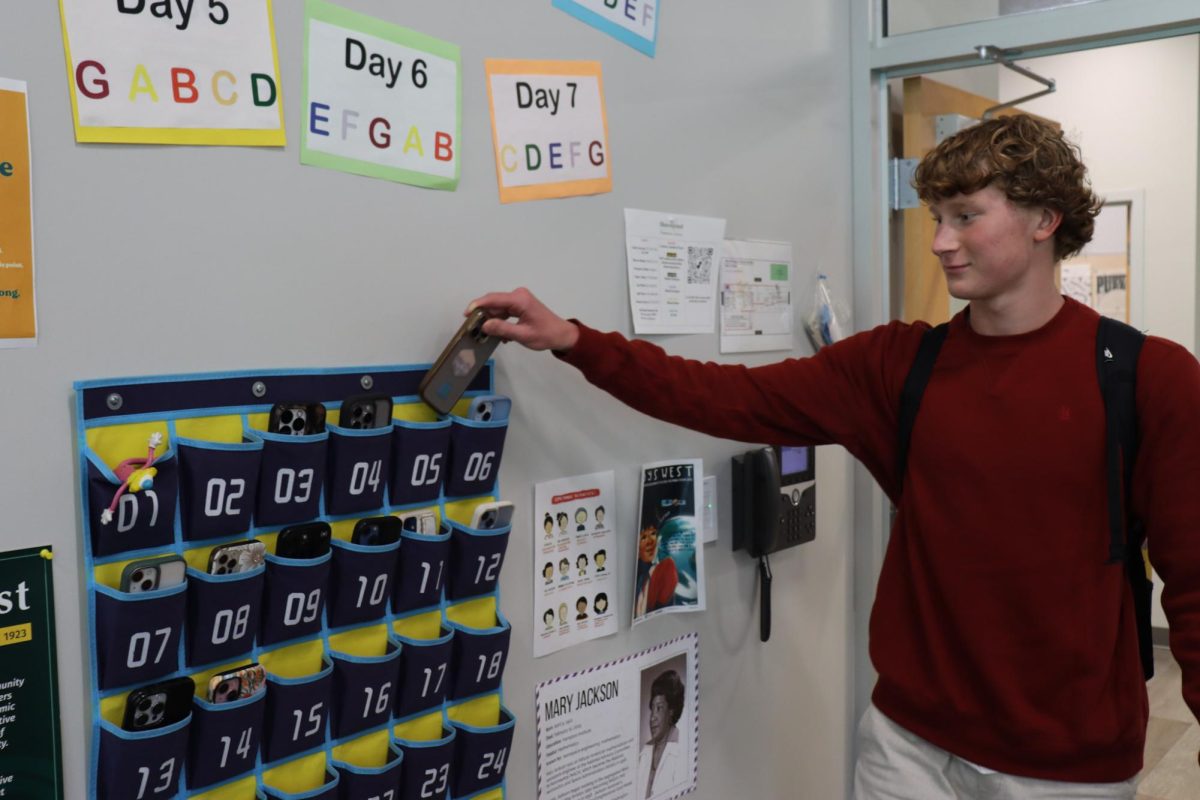
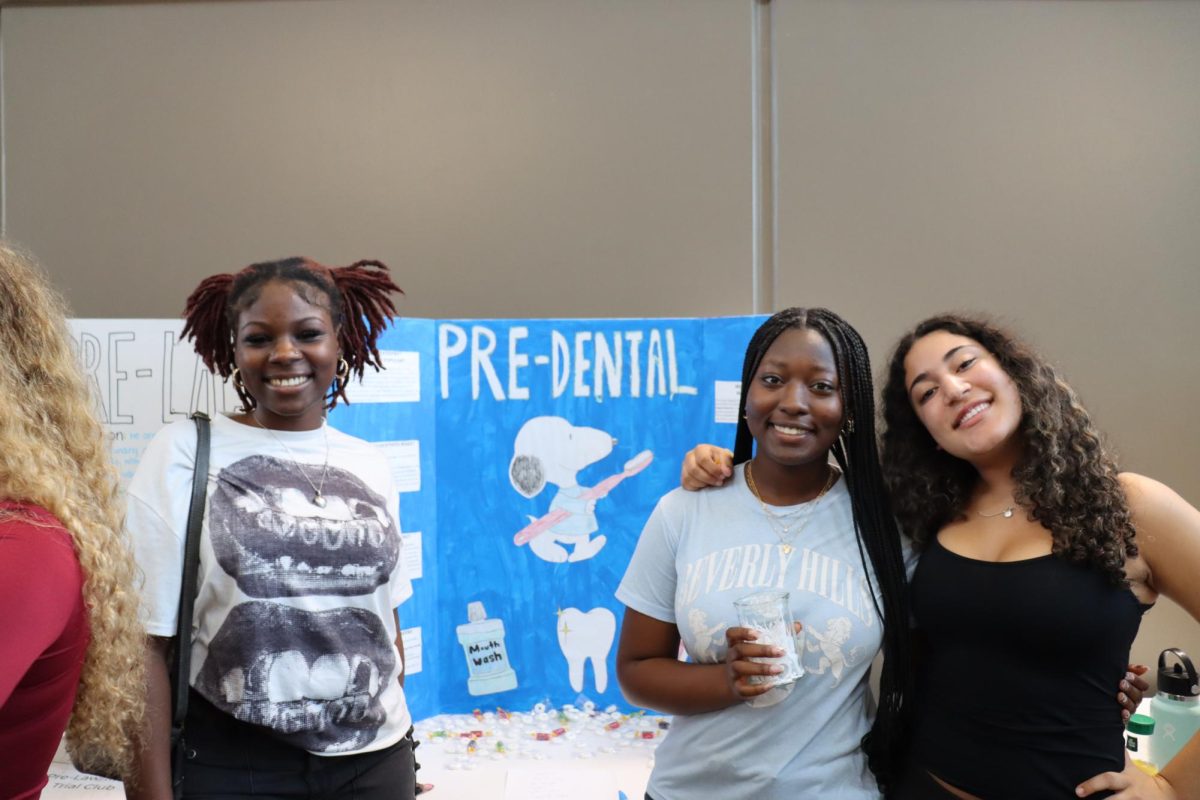
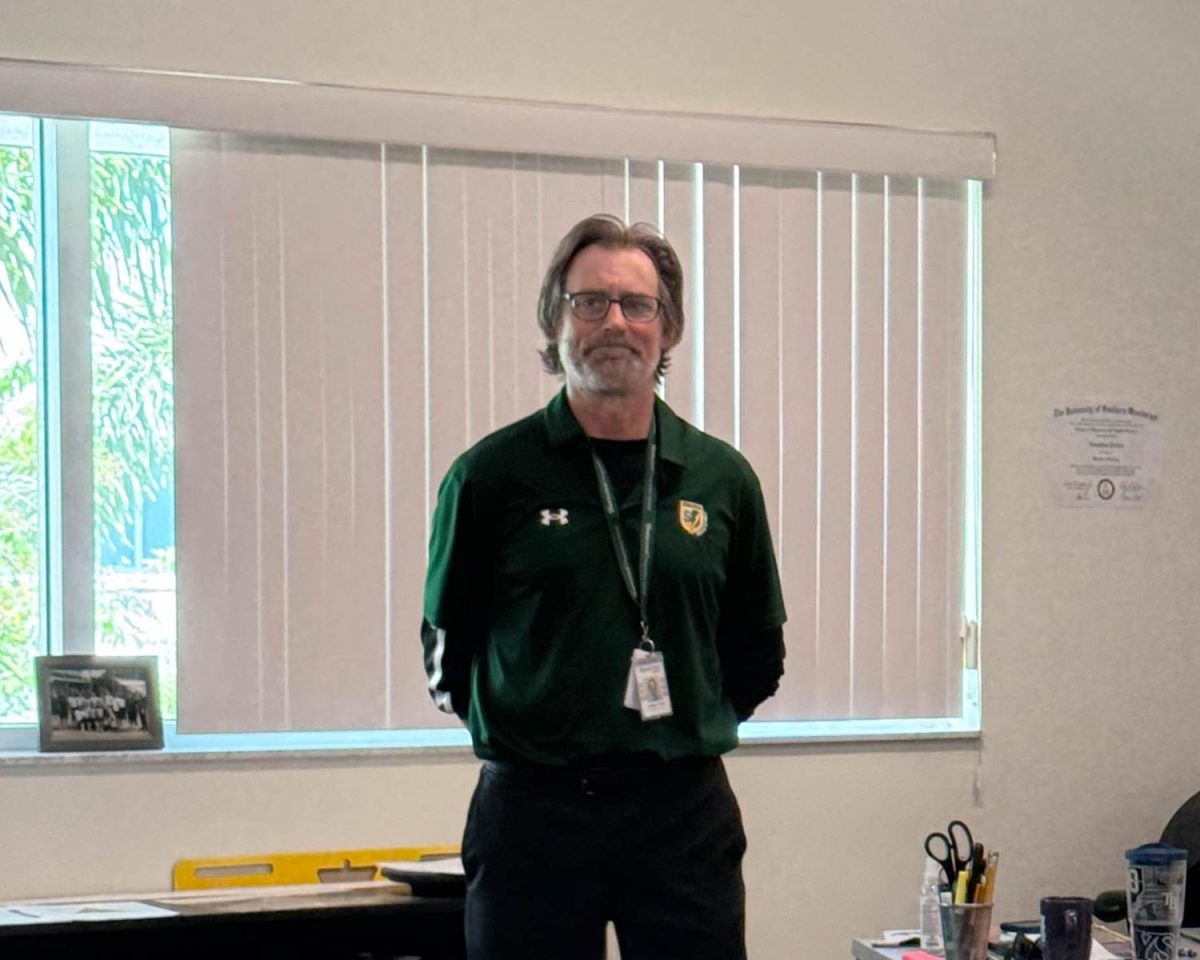


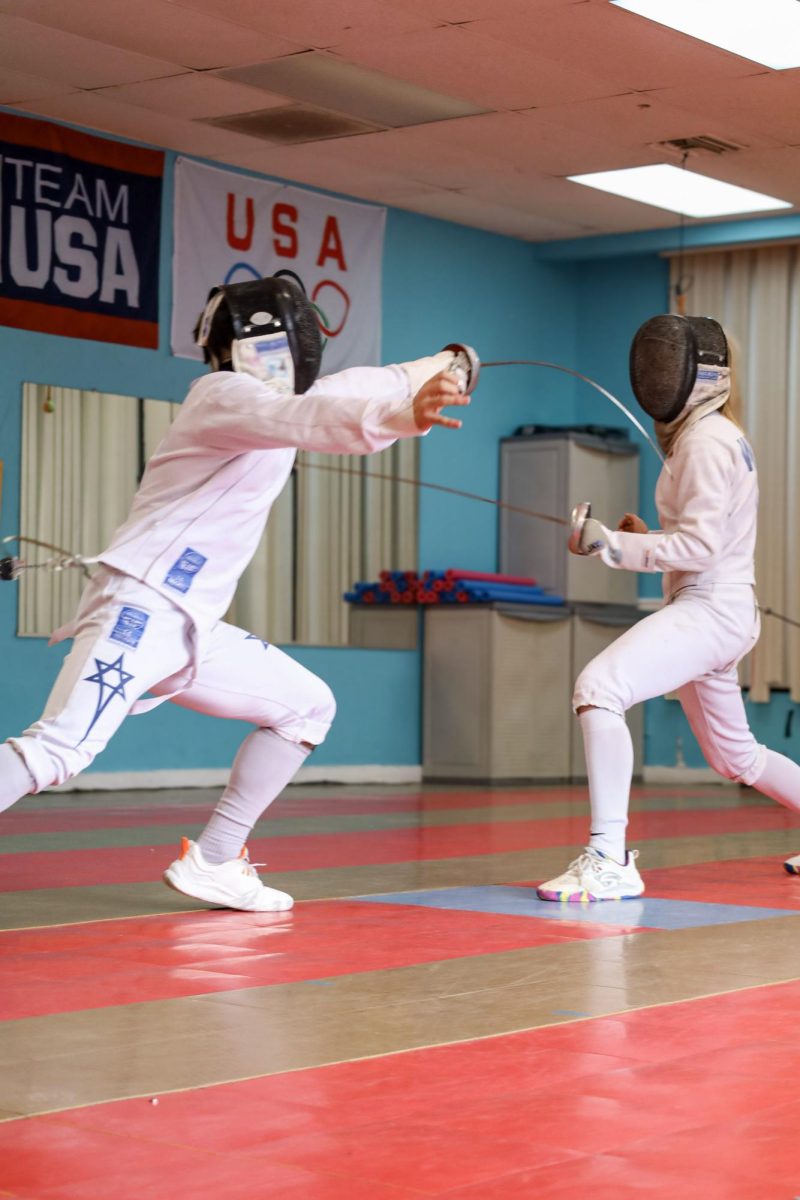
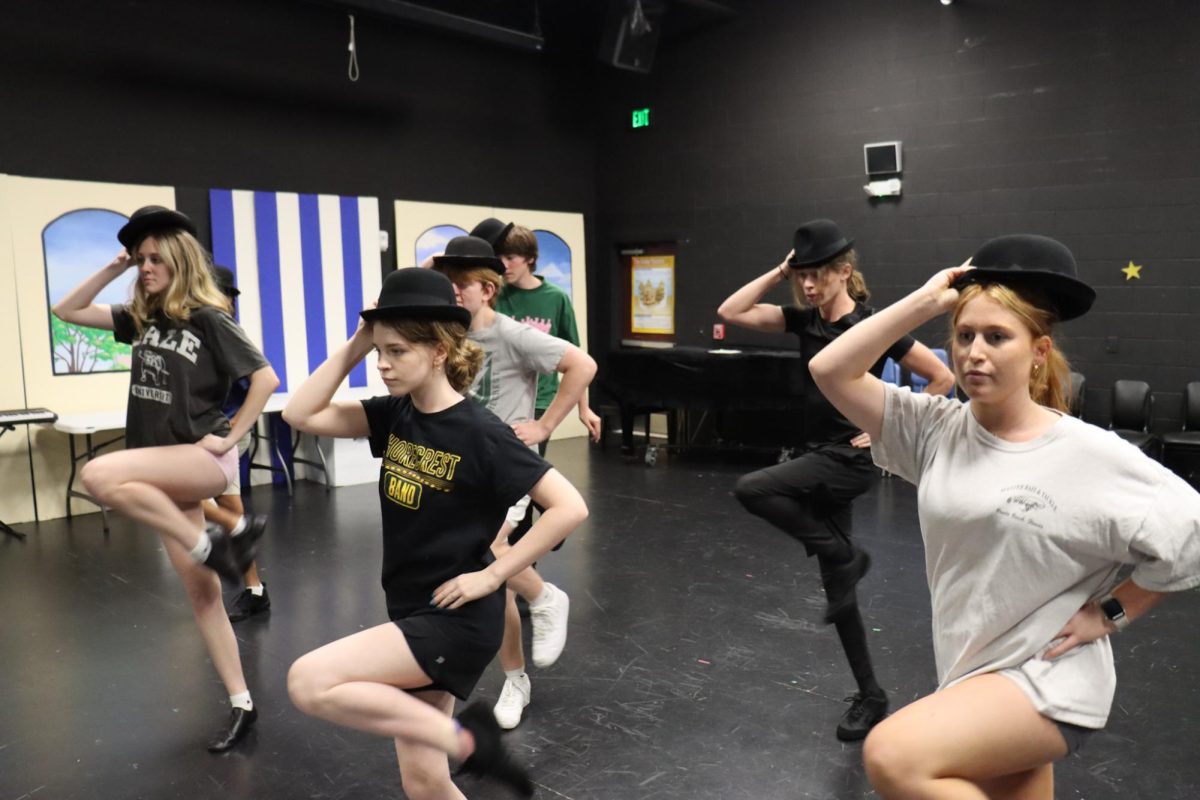
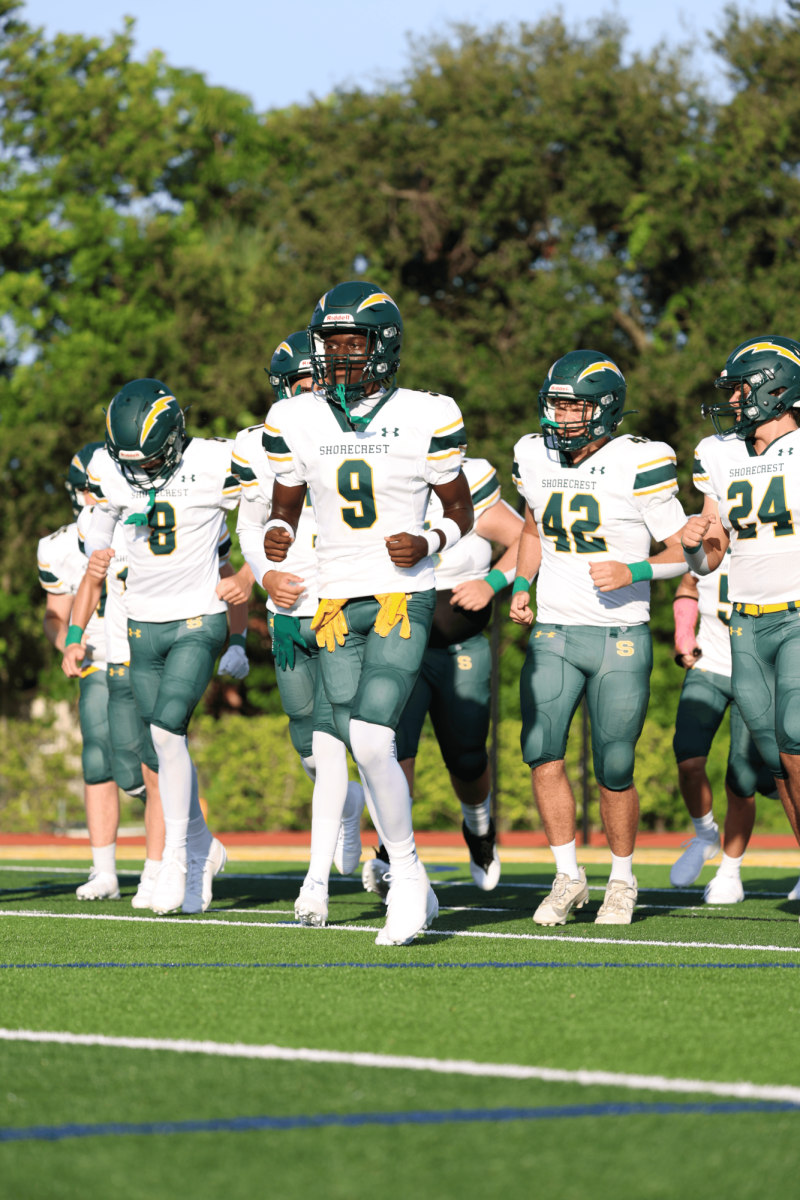


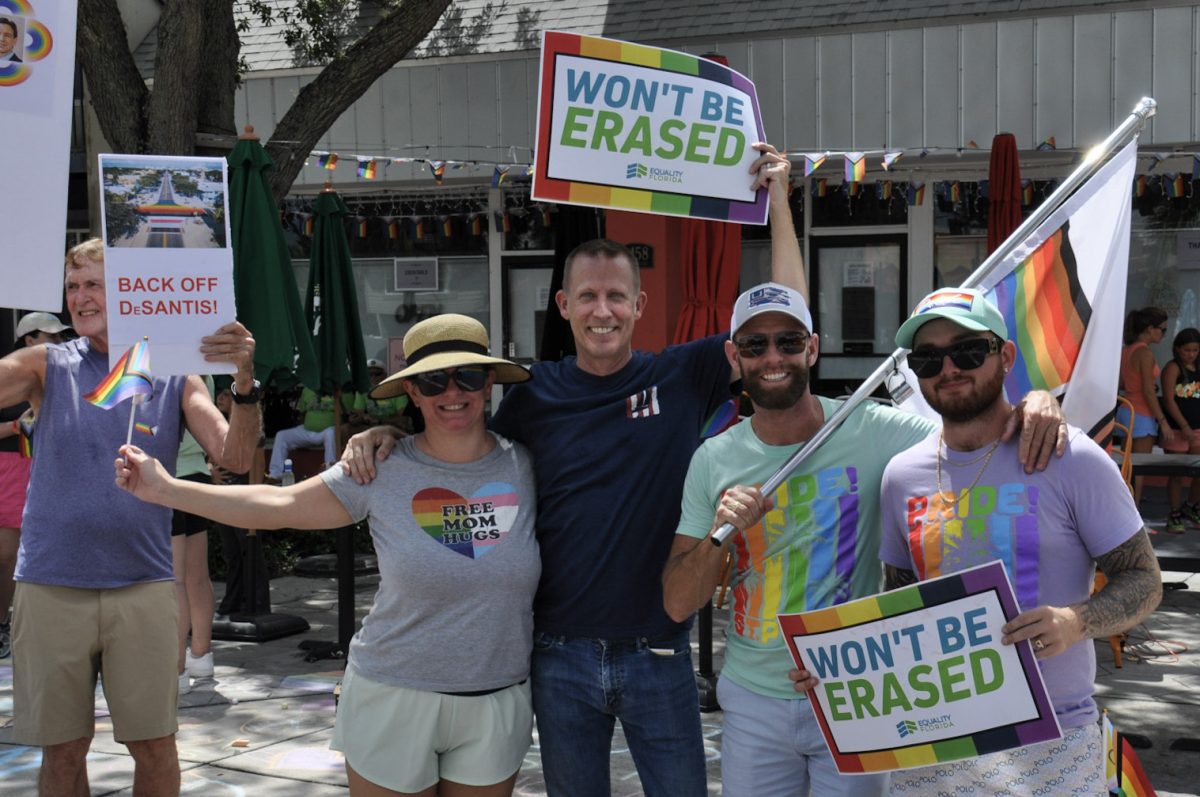




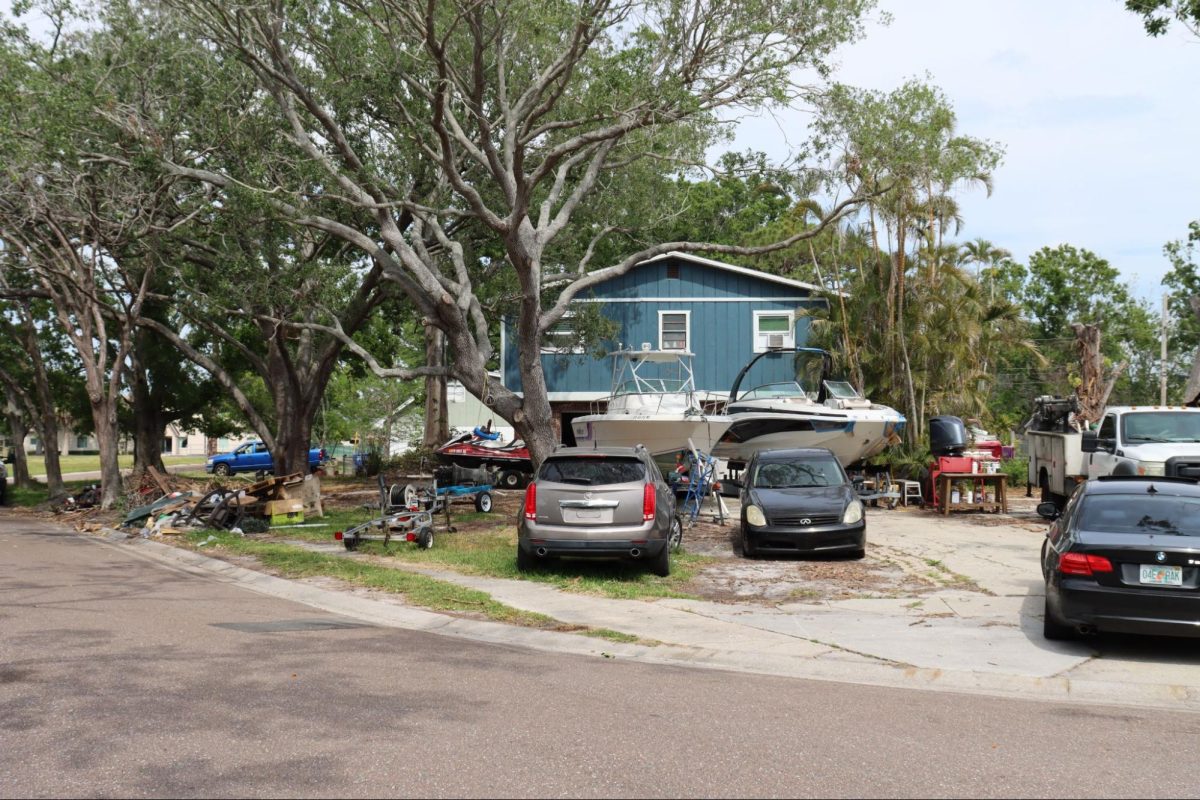
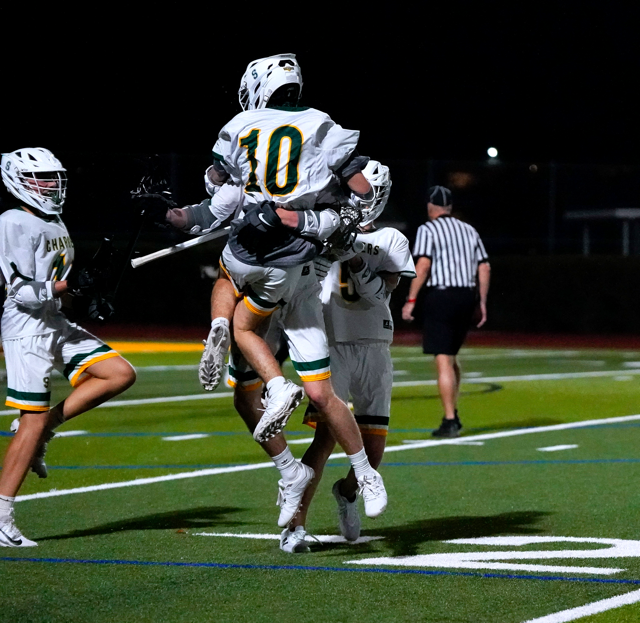

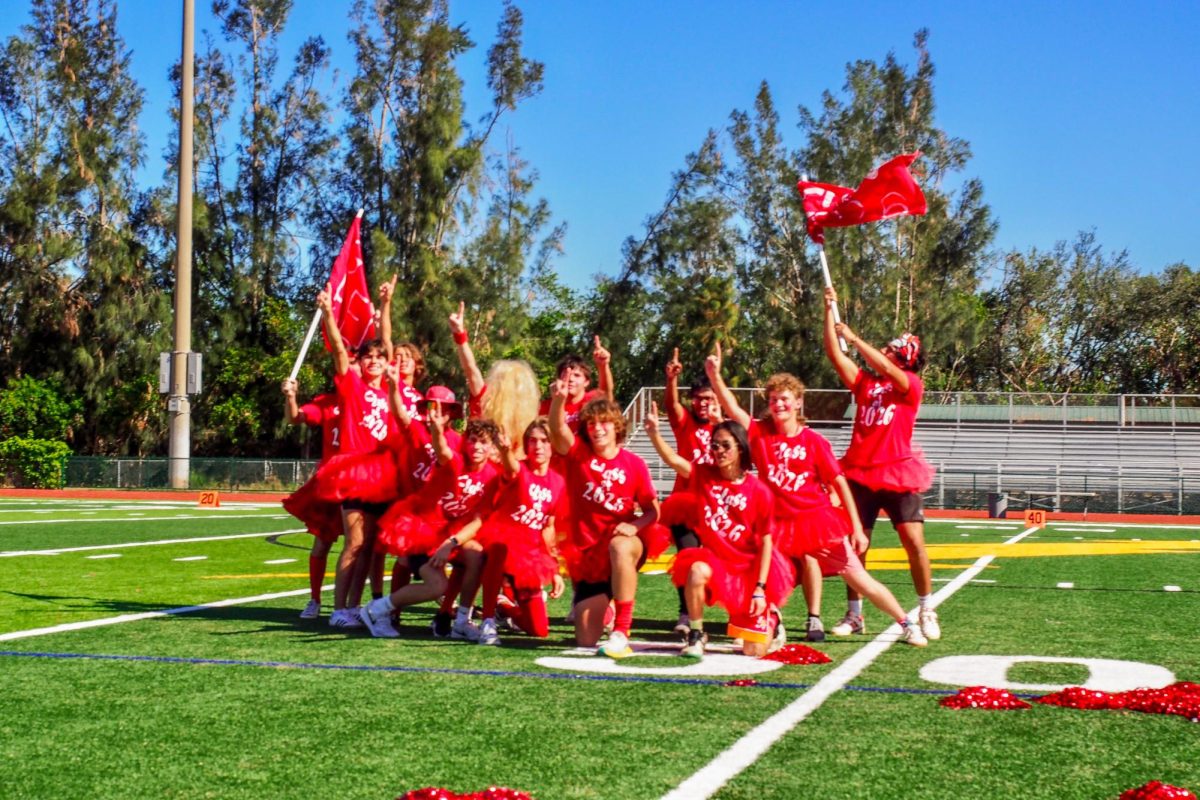
![Thespians pose on a staircase at the District IV Thespian Festival. [Front to back] Luca Baker, Maddison Cirino, Tanyiah Ellison, Alex Lewis, Summer Farkas, Jill Marcus, Ella Mathews, Sanjay Sinha, Isabella Jank, Sofia Lee, Boston Littlepage-Santana, Sally Keane, Tyler Biggar, Tanner Johnson, Jasper Hallock-Wishner, Remy de Paris, Alex Jank, Kaelie Dieter, and Daniel Cooper. Photo by Michael McCarthy.](https://spschronicle.org/wp-content/uploads/2024/12/image1-900x1200.jpg)
